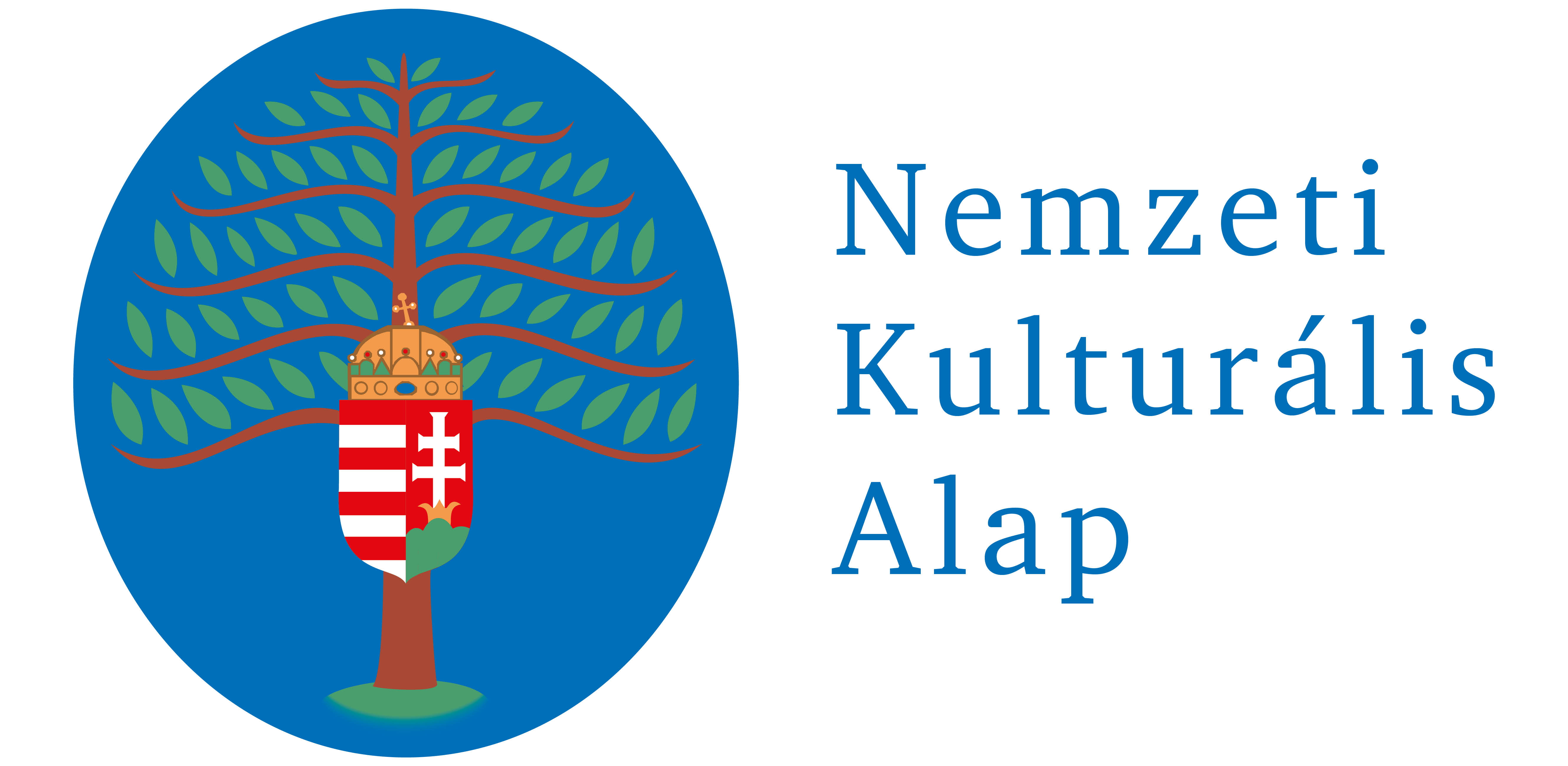Naptár
2024. április 15–19.
2024. április 20.
Eötvös József Kárpát-medencei középiskolai szónokverseny
2024. április 24. – május 3.
Tovább...
2. 2016.
Abstracts in English
Studies
Aczél, Petra
Teaching rhetoric
Teaching rhetoric faces many challenges today. The present study is an initiative and a proposal to refresh the approach of the educational program of rhetoric. As a starting point, it considers rhetoric not as a device system of preparing speeches but as sensitivity and behaviour. Rhetorical education thus focuses not on the creation of a full-fledged text but on developing a communicating personality, the independent ’rhetorical citizen’. The corresponding educational method does not reject the knowledge and use of the classical discipline, on the contrary it aims to show and apply its dynamic capacity. The bottom line of the educational process grabbed and described in three phases is that it considers rhetorical communication a process rather than a product. This integrative perspective enables us to teach rhetoric in the secondary school as a common, creating language and communication activity with more enthusiasm.
Gonda, Zsuzsa
Teacher trainees’ communication in the ICT classroom
The purpose of this study is to explore the distinctive features of teacher trainees’ communication in learning and teaching processes where ICT (information and communication technology) is used. The author presents the teacher-student communication patterns of ICT classes, the characteristics of the educational environment, and the functional applications of ICT tools in 30 lessons of Hungarian language, which have been recorded in classroom observation protocols. Results show that the use of ICT tools in class does not always modify the teacher-student communication. The selected work form and methods play a more important role instead. The more tools the teacher trainees use, the more types of activities occur in class and the more effective the teaching and learning processes become.
Sáfrányné Molnár, Mónika
Teachers’ oral instructions in classroom discourse – Part 1
There are many studies about the efficiency of teacher communication in a classroom context. Classroom interaction is a major element of pedagogical practice at school. The study (published in two subsequent volumes of this journal) provides an analysis of teachers’ oral instructions in a discourse analytical and functional linguistic framework, based on classroom research data. In particular, it focuses on the characteristics of teacher utterances giving instructions for tasks and teacher utterances with directive functions. The first part of the study analyses the place and role of teacher utterances giving instructions for tasks within the classroom. The second part of the study investigates the grammatical, semantic, and pragmatic features. The database contains the video-recorded lessons of 8 teacher trainees and their transcripts segmented for the purpose of this study, processed with the help of ELAN discourse annotation software. The aim of the study is to draw attention to the importance of consciously composed teacher instructions.
Workshop
Jankovics, Julianna
Communication to sensitize students in public education to speech disorders
The aim of the investigation presented in this study was to sensitize students in public education to speech disorders. As a result of integration at school, more students with various characteristics and abilities need to cooperate. It is not uncommon that students with different skills or abilities become stigmatized at school. One possible reason is the malfunction of their speech production. Gabbling, stuttering, and lisping are frequent speech errors in the speech of both children and adults. However, if both the speaker and the listener mutually know about them and are aware of the symptoms, it also becomes easier to understand and accept each other. The results of the investigation show how much the students’ knowledge and attitude changes towards speech disorders after a seven-session sensitization training at a primary school: Competences such as tolerance and empathy also develop.
Asztalos, Anikó
The role of the student portfolio in communication education
Based on previous literature, this study introduces the concept of student portfolio used as a device of formative assessment and the development process. It discusses the importance of communication education and it interprets student portfolio as an effective device of communication education. It provides an analysis of the most important pedagogical tasks that need to be taken into account when using a student portfolio. The study also introduces a successfully used subject-focused student portfolio. It provides details about the criteria, methodological characteristics, and evaluation system of the preparation of the document collection. Some elements of the portfolio are illustrated with photos from works that had been prepared by pupils from grade 9 at the Apaczai Csere Janos Secondary Grammar School in the topic of ‘antiquity’. Finally, the success of the experiment is justified by quotations from students.














